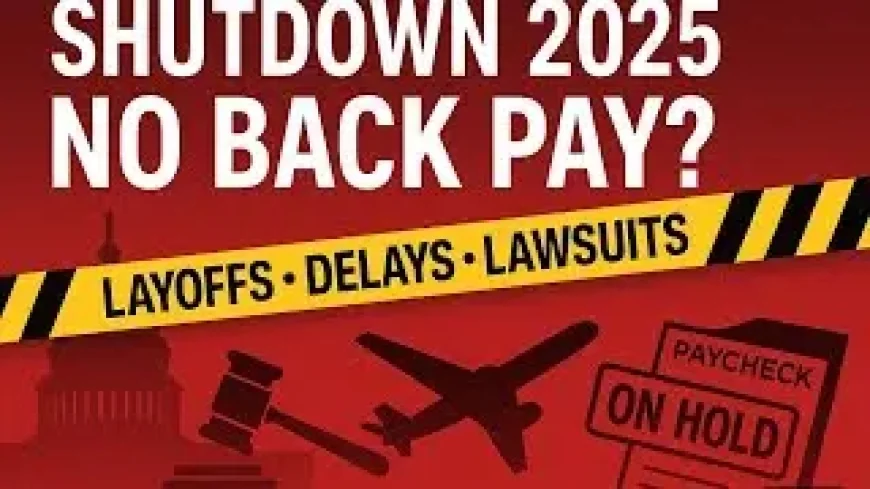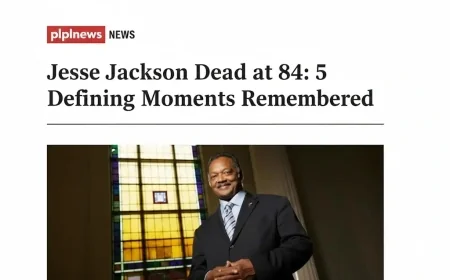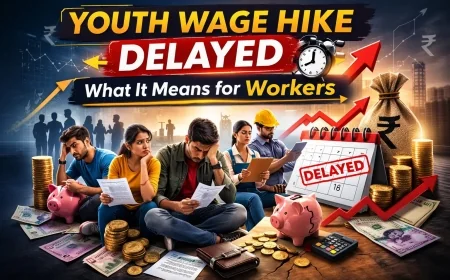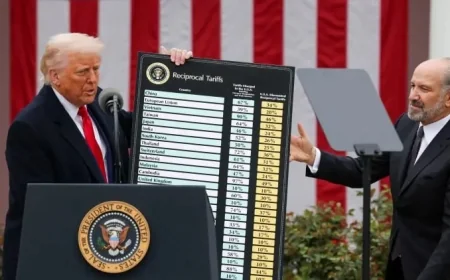In 2018, 65-year-old security officer Audrey Murray, who works for a third-party federal contractor, took two years to repay the money she borrowed from family members to pay her bills during the 35-day government shutdown, she told CNBC Make It in October.
After this year's 43-day shutdown, Murray says she and her family are back in debt. Furthermore, if Congress fails to pass a separate vote in December on the Affordable Care Act tax credits, which are set to expire at the end of the year, they may soon face increased health insurance costs.
Jaime Contreras, executive vice president of the Service Employees International Union's 32BJ Capital Area District, which represents 2,400 federal contracted employees, including Murray, says that insurance premium increases in January could push Murray and others in similar situations even further behind financially.
"One thing I want to make clear is that this agreement to reopen the government—frankly, a weak agreement in my opinion—is no reason to celebrate," Contreras says.
Why won't all federal employees receive back pay?
While federal employees working directly for the government will begin receiving back pay due to the lockdown starting next week, Murray, a federal contracted employee, will not.
This is because federal contractors are paid hourly for the services they provide, such as security, food preparation, or office cleaning. Contreras says that if these services are not available due to a government lockdown, contractors don't receive pay.
Representative Ayanna Pressley (Democrat-Massachusetts) said in a statement in October that it's unclear how many low-wage federal employees have been affected, but the number could be in the thousands. According to the Department of Labor, as of 2021, there were 327,000 federal contract workers earning less than $15 per hour.
Contreras says, "Going forward, federal employees without pay will have to figure out how to compensate for the losses to their finances and their families."
It could take weeks for federal contractors to receive their pay.
Murray, a single mother of two teenage sons and a full-time caregiver to her 12-year-old granddaughter, says her electricity was almost cut off during this lockdown, and she worries she won't have the money to pay her $2,200 mortgage in December.
Although she has returned to her full-time job at the Smithsonian National Portrait Gallery, where she earns $20.22 per hour, she says her supervisors told her it could be a week or two before she receives her first paycheck.
She never received leave from her part-time job at the State Department, but she says the money she earns from that job won't be enough to pay her bills. So, in the meantime, she may have to ask her sister for more money.
"People pay their own bills; I feel bad asking them," Murray says. "They'll help me if they can because they know I'll pay them, but why should I have to go through all this? I have a job. I'm a 65-year-old woman and work two jobs to take care of my children."

 Like
1
Like
1
 Dislike
0
Dislike
0
 Love
0
Love
0
 Funny
0
Funny
0
 Angry
0
Angry
0
 Sad
0
Sad
0
 Wow
0
Wow
0











































